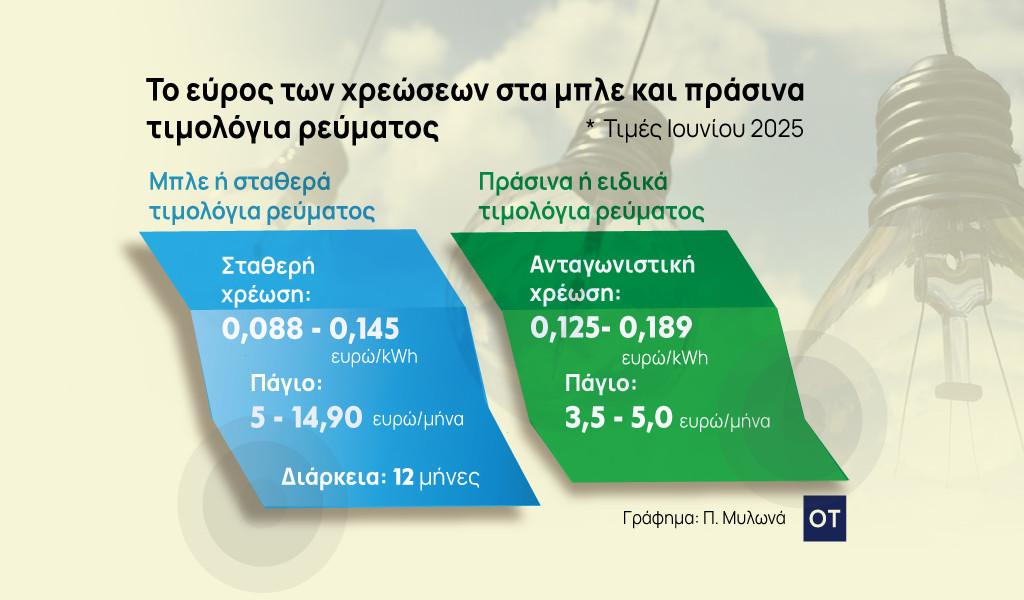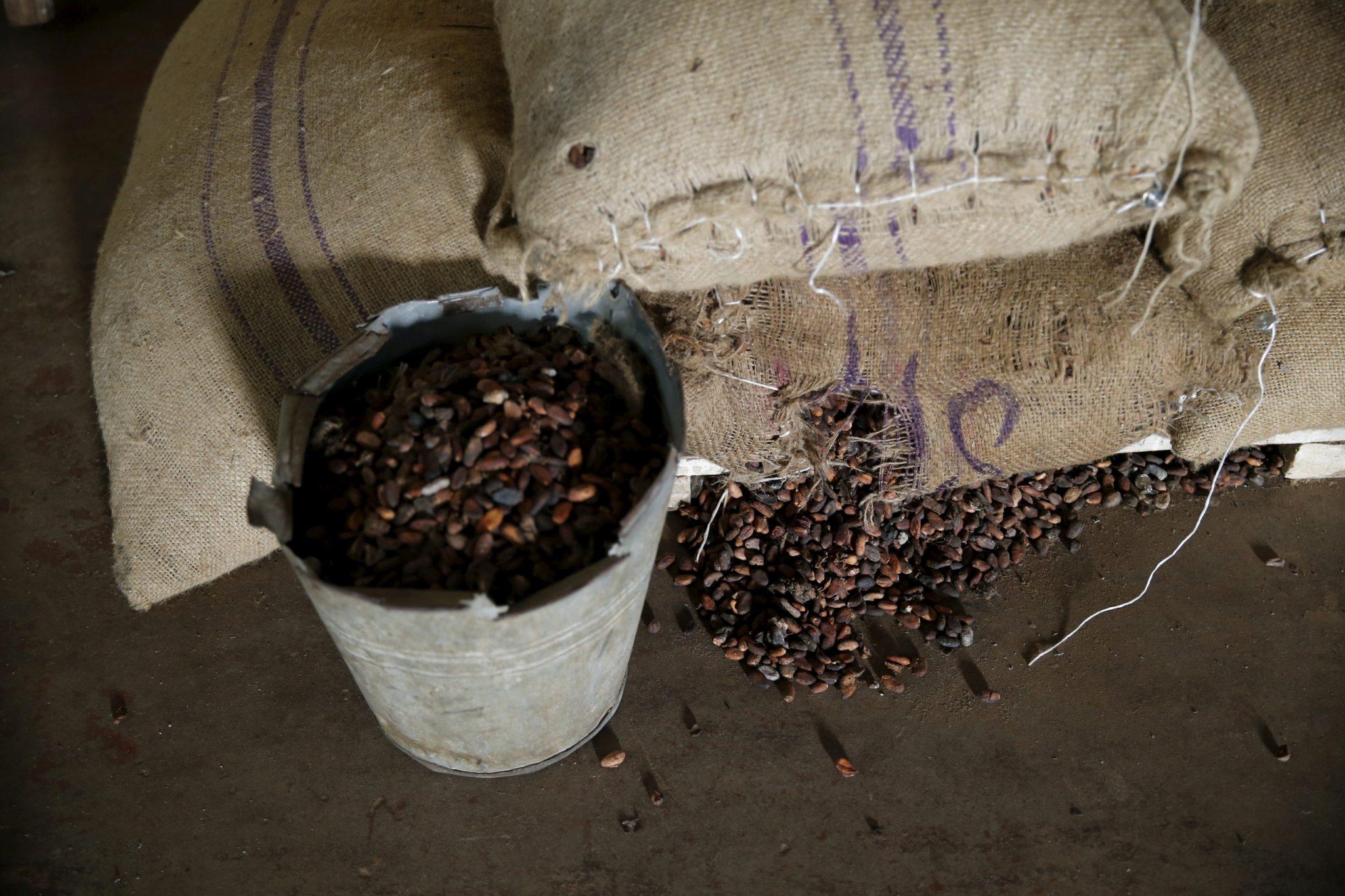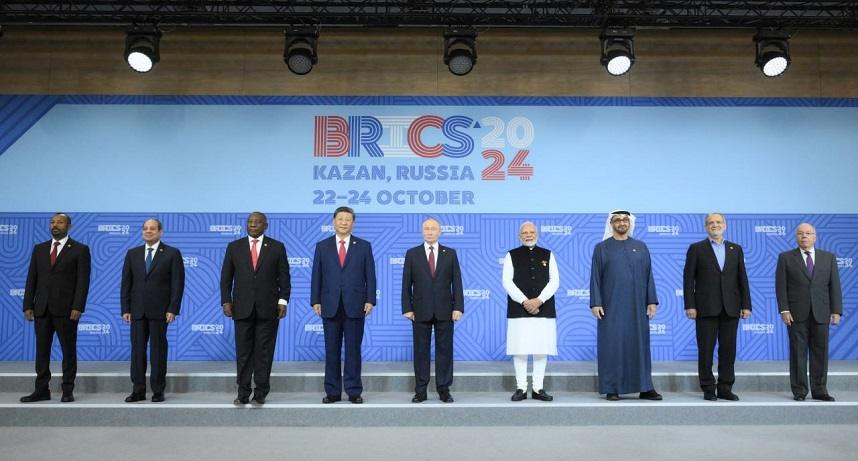A percentage of 36.7% of small and medium-sized enterprises (SMEs) are facing the fear of filing for bankruptcy, according to a survey by the Center for Small and Medium-Sized Enterprises in Greece.
In particular, according to this survey, the percentage of enterprises that express the fear of a possible cessation of their activity in the next period remains very high (36.7%).
The percentages of enterprises that have restricted and/or no liquidity remain high, as well. Specifically, 4 out of 10 small and very small enterprises (42.4%) have cash available for a maximum of one month. In fact, 1 out of 5 enterprises (21.4%) has no liquidity at all.
Price Increase
The significant rise in prices that reduces the incomes of households and businesses, undermining the prospects for recovery of the Greek economy. As for the prices of goods/services, it is the first time in a semi-annual climate survey of the Center for Small and Medium-Sized Enterprises that such a high percentage of enterprises is recorded and they all stated that they increased their prices (23.6%). In addition, the percentage of enterprises that state that they will increase their prices in the next period is also the highest recorded in a six-month economic climate survey of the Center for Small and Medium-Sized Enterprises in Greece (22.2%).
In addition, small and very small enterprises will face challenges in the medium term for which they are not prepared. It is widely accepted that the pandemic crisis is acting as a “digital accelerator”, while the so-called green business transition looks set to accelerate.
Risks
In addition, small and very small enterprises will face challenges in the medium term for which they are not prepared. It is widely accepted that the pandemic crisis is acting as a “digital accelerator”, while the so-called green business transition looks set to accelerate.
If we add the uncertainty due to the stagnation observed in the vaccination programs in relation to the new mutations of the Covid, there are multiple challenges for the viability of many small and very small enterprises, both in the short and medium term.
In the short term, enterprises that have been disproportionately affected by the effects of the health crisis (companies that were previously suspended by government mandate) seem to need additional support to boost their liquidity, but also to meet their obligations, especially if they are led to restrictions on their activity due to the pandemic. In addition, rising prices serve as an indication of the inflationary pressures that all economies will face. These inflationary pressures combined with the recessionary trends that may be caused by the continuation of the pandemic carry the risk of stagnant inflation, a phenomenon that has been present since 1973 and has beset all economies for a decade. Therefore, the way to deal with price increases will be crucial.
Government support measures
Beyond that, the research states that after the decline in the economic climate index of SMEs recorded in the two previous surveys of the Center for Small and Medium-Sized Enterprises (July 2020 and February 2021), the general index marks a significant increase of 26.2 points, as it stands at 46,3 units for the first half of 2021. It remains, however, lower than pre-pandemic levels.
This development suggests that measures to support the Greek economy in conjunction with the gradual lifting of restrictive measures on economic activity, made possible mainly by advances in vaccinations, have allowed small and very small enterprises to remain “alive”.
However, according to the research findings, a large part of companies continue to face serious sustainability problems. Lack of liquidity remains a problem for small and very small businesses and runs the risk of becoming chronic, especially for state-mandated companies, such as catering companies. The prolonged period in which these companies have been under-operated (or have not been under-operated) has burdened them significantly, while maintaining the high risk of viability they face, despite the support measures adopted.
Liquidity problem
In addition, the problem of business liquidity is evident from the high percentage of companies that have no cash at all or their cash is sufficient for a maximum of one month.
Specifically, 1 out of 5 companies (21.4%) has no cash at all, while for also 1 out of 5 enterprises (21%) the cash is sufficient for a maximum of one month.
Cumulatively for 4 out of 10 small and very small enterprises (42.4%) the cash is sufficient for only one month.
The picture is worse in terms of the cash of the enterprises that suspended their operation by state order and the catering companies.
31.7% of the companies that suspended their operation by state order have no liquidity at all, while for 19.2% the cash is sufficient for a maximum of one month. The findings for catering businesses are similar. A percentage of 28.9% has no cash available at all, while 21.6% have cash available for a maximum of one month.





































